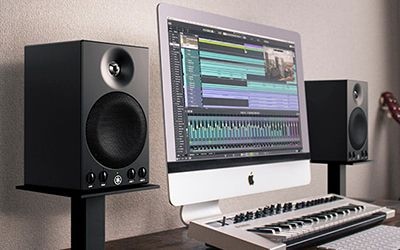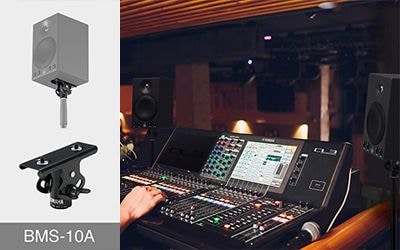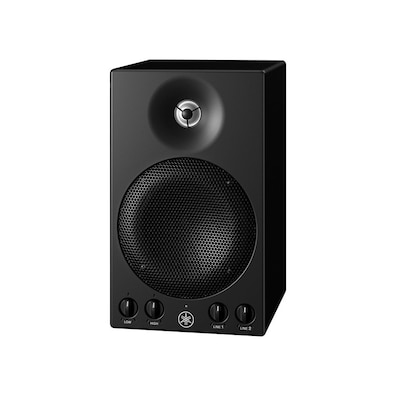Yamaha releases MSP3A compact powered reference monitors that reproduce sound faithfully
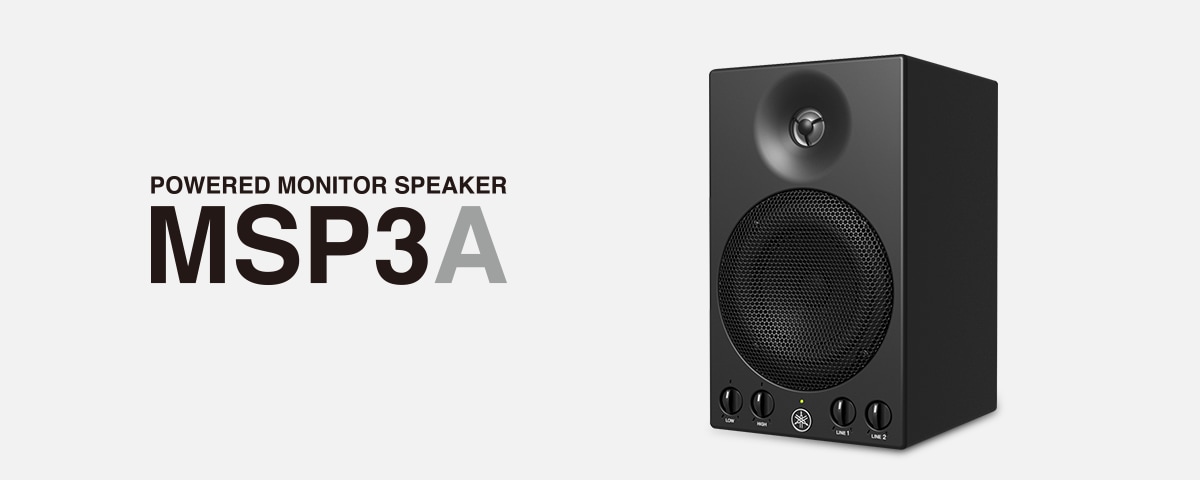
Yamaha Corporation announces a new addition to its professional audio lineup: MSP3A Powered Monitor Speakers.
The MSP3A further builds on the audio performance and convenience of the MSP3, its predecessor. This model realizes features desired in a compact powered monitor, including high audio quality and sound pressure, straightforward operation, and a compact, lightweight cabinet design.
MSP3A powered monitor speaker provides faithful sound reproduction in a compact form
The MSP3, a compact reference monitor speaker loved for many years, has been renewed as the MSP3A. This new reference monitor is the first in this series to include our Twisted Flare Port™ technology and provides an even clearer and tighter low-end while also realizing faithful sound reproduction.
The built-in 22W power amplifier is optimized for the speaker unit, which comprises a 10 cm (4″) woofer and a 2.2 cm (.8″) tweeter, to achieve a clear and natural reference sound.
The cabinet features a refined, simple design and weighs a mere 3.6 kilograms (7.9 pounds), making it easy to reposition and carry to different locations. Just like its predecessor, this monitor has multiple input connectors and controls, and is compatible with a variety of optional brackets, making it useful for a wide range of uses. These include serious audio and music monitoring in settings from small-scale studios to broadcast and post-production suites, as well as monitoring audio from digital musical instruments and ICT devices, and surround sound playback.
Clear low frequencies realized with Twisted Flare Port™ technology
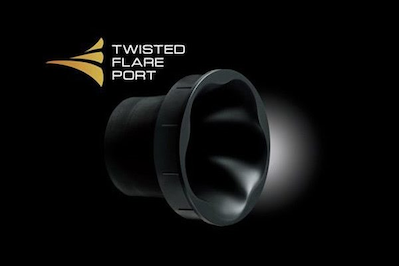
Twisted Flare Port™ technology, which is included in the MSP3A for the first time in this series, is an aerodynamic sound control technology that we at Yamaha have created by leveraging our extensive subwoofer development experience. Using it, we apply aerodynamic sound analysis and flow visualization measurement technologies to pinpoint and control noise generation mechanisms. Noise-generating air flow turbulence at both ends of the port is suppressed by changing how the port widens from input to output and adding a twist to it. Suppressing turbulence reduces bothersome muddiness in the sound and lowers the amount of noise generated at the port ends. This strengthens the connection between the sound and main speaker and delivers clear, tight low frequencies along with pitch and rhythm.

Compared to the air turbulence generated by the “ordinary port” shown in pink on the left, turbulence is reduced and air flows smoothly through the Twisted Flare Port shown in blue on the right.

